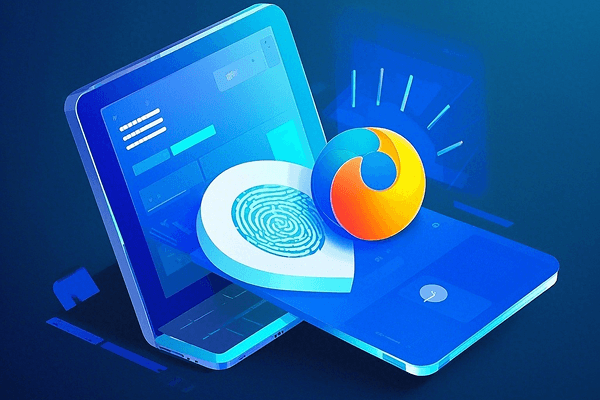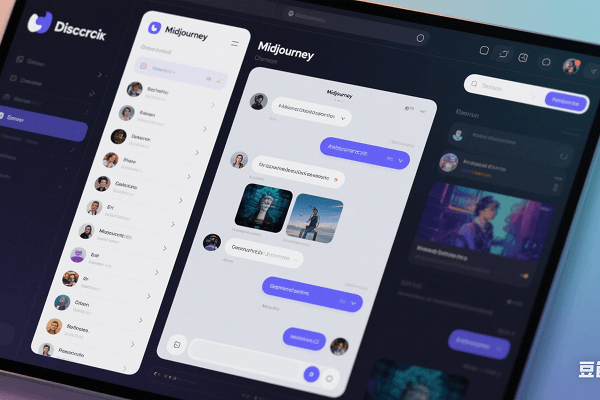
Hot Picks
How to run Facebook ads in 2025? Ideas

Hot Picks
How to promote on Amazon? Sharing various promotion methods

Hot Picks
Choose BitBrowser for fingerprint browsers, and look for the only official website: bitbrowser.cn
Can simulate anti-detection browsers on mobile
Time: 2023-08-07 18:16 Click:
Let's start with a question: what device are you reading this on? Perhaps we can take a wild guess: it could be a smartphone, or it could be a laptop, though the former is more likely. Over the past decade, smartphones have continued to dethrone the traditional desktop, leaving other devices that provide Internet access in limbo. The only competitor that still has some competition is probably the laptop, although that too has started to take a backseat in many scenarios.
How did this situation evolve? Does this mean that the browser industry will usher in a trend towards anti-detection browsers?
Let's explore these questions together. According to StatCounter, as of April 2021, global mobile devices accounted for 54.61% of the market, while desktops and tablets accounted for only 42.63% and 2.76% respectively. The latter have become so unpopular in the global market that they no longer even deserve to be considered a primary living device (especially a tablet, since its operating system is similar to a mobile device).

However, please note that these figures may vary in certain countries. For example, Germany, the US, the UK, Canada, and France still prefer desktops (in this case, laptops) even though mobile devices play an important role in these regions as well. Overall, global trends show that people are likely to be more inclined to use mobile devices in the future. While there are many reasons why people choose a smartphone over a desktop, the exact reasons vary from person to person.
Therefore, using anti-detection browsers to simulate mobile terminals for network access is an important step in your cross-border business development. Why is it not enough to emulate a desktop device with an anti-detection browser? Today, many websites consider mobile users to be more trustworthy than desktop users. This is not just because more and more people are spending more time on mobile devices, but also because the tools to hide their identities on mobile devices are not as abundant as they used to be.
Sure, proxy and VPN services still exist, but they're not as effective at masking your fingerprints as they used to be, which is crucial when creating multiple accounts. Does this mobile trend mean that PCs are about to disappear from electronics store shelves? The answer is not necessarily so. Laptops are expected to completely replace traditional desktop computers, however mobile devices may not completely dominate the market anytime soon. Desktop computers are here to stay, at least for the next few years.
In many cases, as people have said, PCs will still be used before iOS and Android are competitive enough. We firmly believe that a successful anti-tracking browsing approach will soon need to cover both mobile and desktop devices, and BiBbrowser Anti-Detection Browser will support more types of device emulation.

 Multi-Account Management
Multi-Account Management Prevent Account Association
Prevent Account Association Multi-Employee Management
Multi-Employee Management



